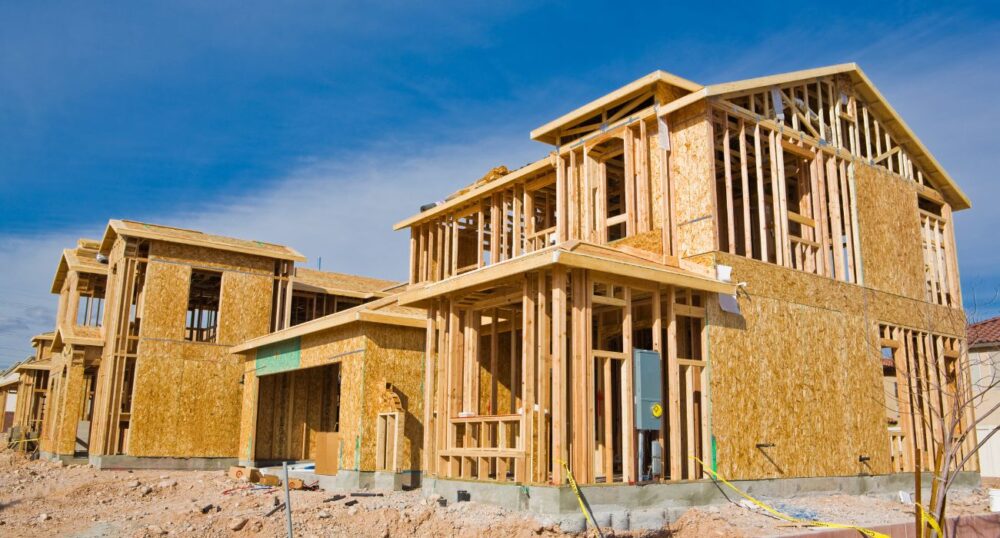The City of Dallas issued a public service announcement on Friday about the imminent spike in building permit fees that will take effect on May 1.
The Dallas Development Services Department (DSD) will be increasing its service fees for the first time since 2015, a change intended to streamline the City’s slow permitting process, balance the department’s $22 million budget deficit, and ensure permit fees are in line with nearby jurisdictions.
Despite the supposed benefits the adjustment will bring to Dallas, many in the development community have voiced concerns about its long-term impact on growth.
The Dallas Builders Association (DBA), which represents all segments of the residential building industry in Dallas, is particularly worried about the impact on the multifamily sector, which will see fees increase by more than 200%, as previously covered by The Dallas Express.
“It’s important to understand that these increases in building costs are ultimately paid for by the homebuyer or even the person building the multifamily project,” DBA director of government affairs David Lede previously told DX.
To recap, the Dallas City Council approved a measure on March 27 amending Chapters 49, 51A, and 52 of the Dallas Development Code, thereby increasing the development service fee schedule for the first time in nearly a decade.
According to the service announcement, the adjustment will enable the City to “enhance service efficiency by investing in additional staff and technology, ensuring compliance and safety through rigorous inspections and code compliance, facilitating economic growth by maintaining a responsive system, investing in sustainable infrastructure, and supporting long-term objectives through revenue generation.”
DSD Director Andrew Espinoza is acutely aware of the community’s apprehension about the increase but insists that adjustment is the best move for Dallas’ long-term growth and essential to meeting its growing demands.
“We understand that any increase in fees may pose challenges for developers and property owners,” said Espinoza in the announcement. “However, we believe that this adjustment is necessary to maintain the high quality of services that Dallas is known for and to support continued growth in a responsible and sustainable manner.”
By updating its fee structure, Espinoza claims the department can better align its services with the needs of its customers and stakeholders. To ease the community’s anxieties about the increase, DSD has rolled out an updated fee estimator that can approximate customers’ permit fees.
As DX has covered, the development community’s biggest gripes with DSD have been its poor communication, slow review times, and periodic permit delays. These issues have been a significant problem under outgoing Dallas City Manager T.C. Broadnax, who is stepping down to take the helm of the City of Austin’s operations.

